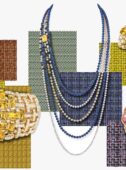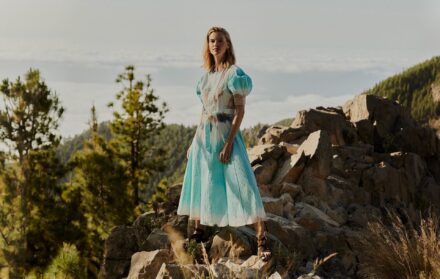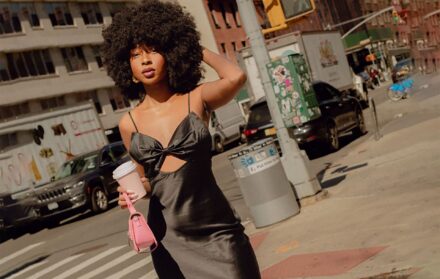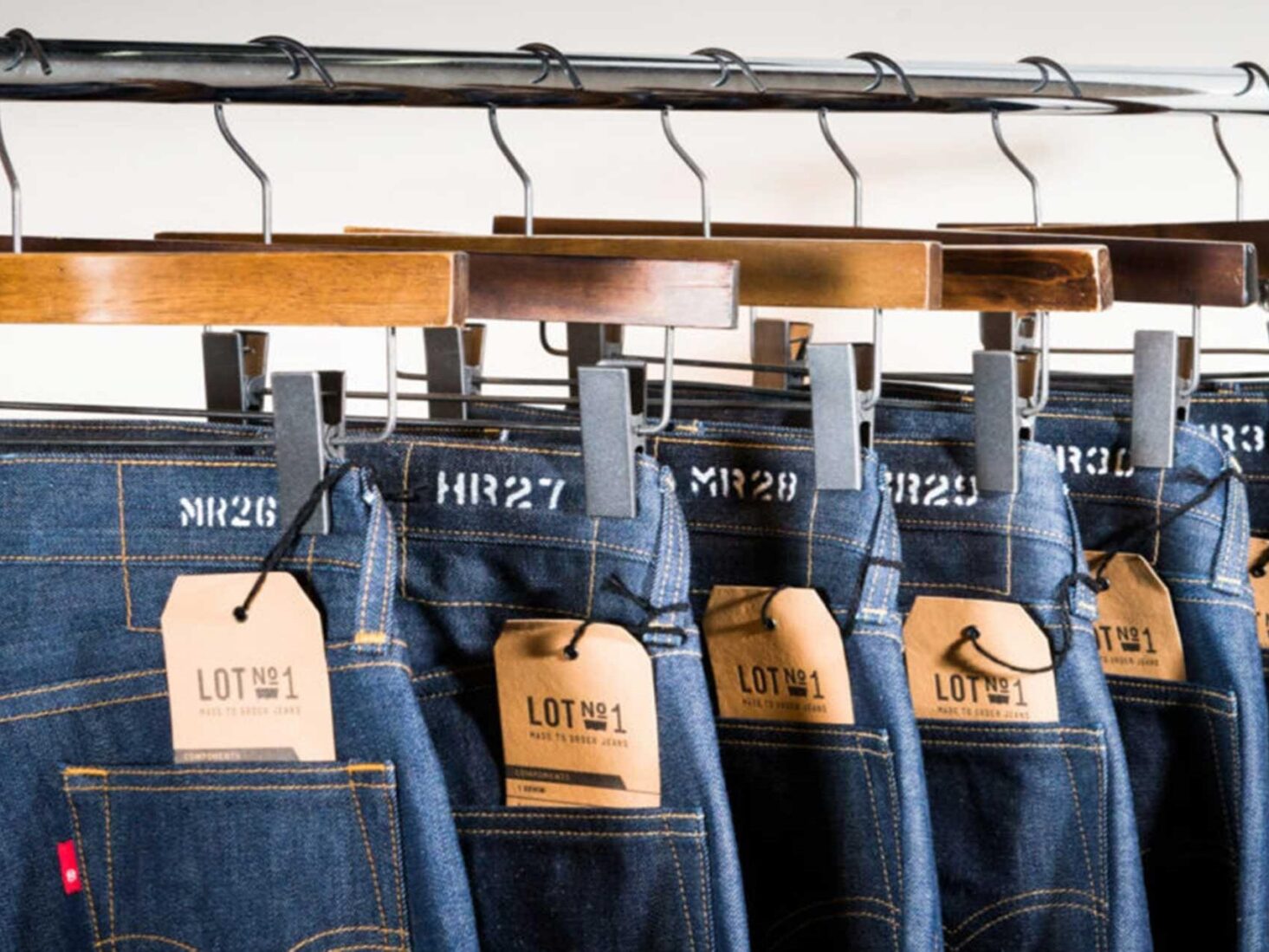
How to shop for sustainable denim
"It takes around 10,000 litres of water to produce 1kg of cotton fabric"
In 2015, India’s National Crime Records Bureau reported that in the previous two decades, more than 300,000 Indian farmers had committed suicide. That’s not a typo. More recent figures show than in 2019 alone, the figure was over 10,000. An unpredictable combination of climate change, difficult trade relations, economic uncertainty, the introduction of expensive genetically-modified crops and the prevalence of loan sharks has led, and still leads, thousands of desperate farmers to take their own lives. It’s such a national epidemic that government-funded programmes have been set up to support the families left behind.
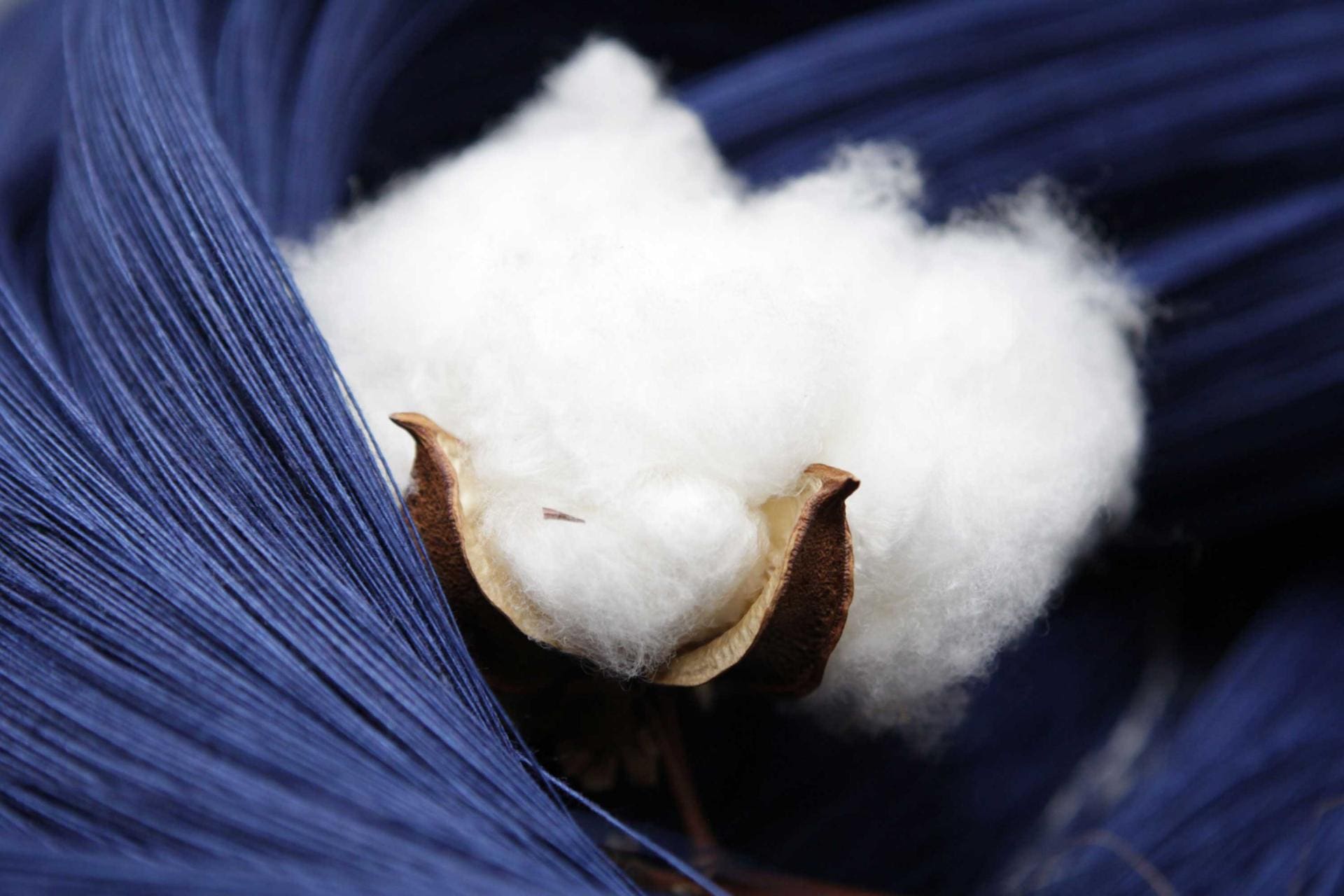
Many of those Indian farmers produce cotton, which makes up around 21 per cent of all fibre in use globally, according to the Common Objective fashion business network. Of that, around 60 per cent is destined for the fashion industry – spun into yarns and woven into textiles such as denim. Culturally, we think of denim as democratising – its everyman appeal has long since transcended the boundaries of class, age, gender and geography. Jeans are a sartorial staple, but the cotton they’re made with comes at a serious cost to the planet.
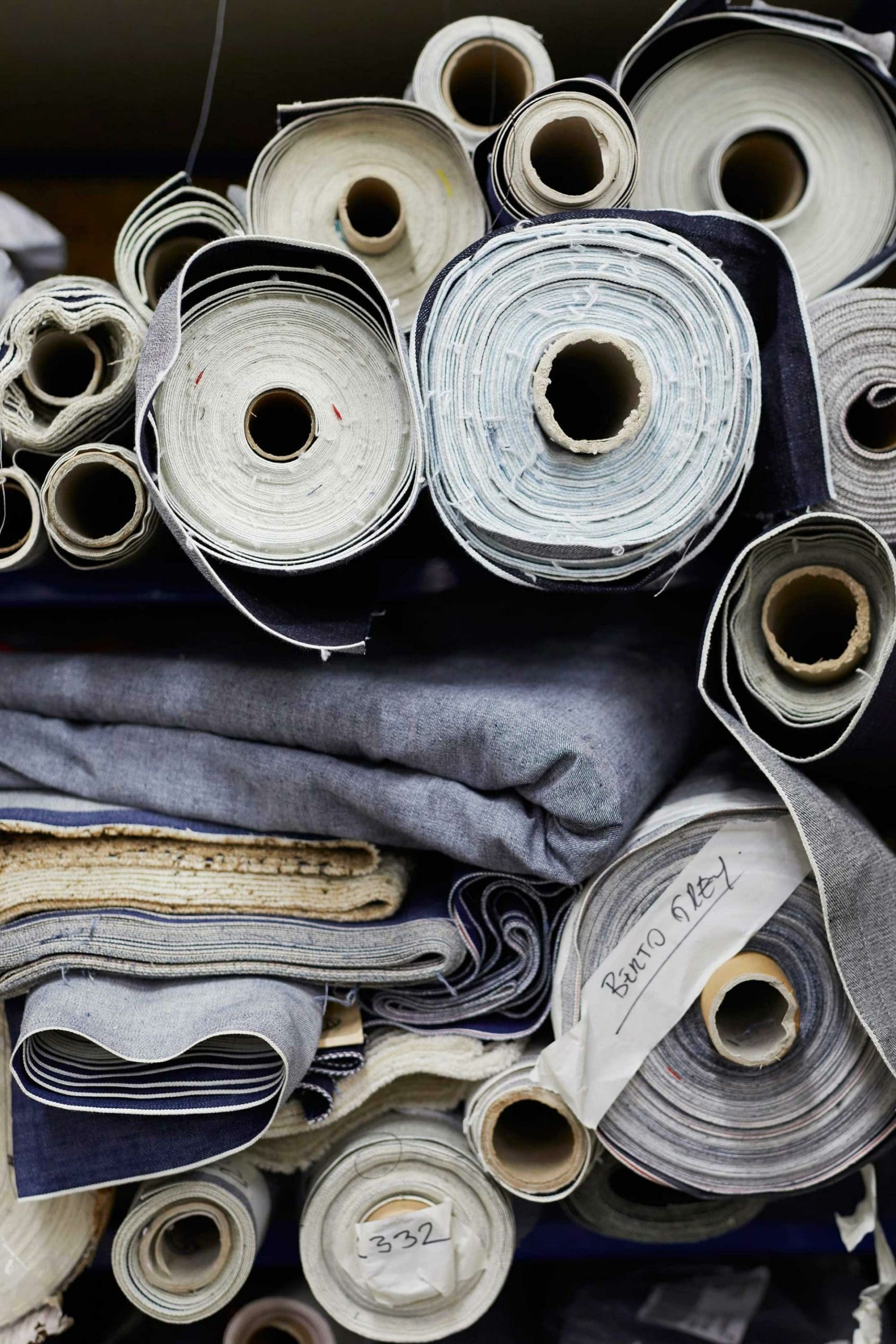
Growing cotton demands enormous quantities of pesticides, which expose farm workers to dangerous chemicals, and it takes around 10,000 litres of water to produce 1kg of cotton fabric, according to the Water Footprint Network. Transporting the fibre from source to manufacturer to retailer produces high levels of carbon emissions, while mass production, the fast fashion phenomenon and competitive pricing rely on the exploitation of factory workers, particularly in under-developed countries. When it comes to turning cotton into denim, indigo dyeing, stonewashing and bleaching all demand vast quantities of water, and while sandblasting (which can give workers an incurable lung disease called silicosis) is illegal in the UK, many countries still allow it.
But it’s not all bad news. Denim is resilient and long-wearing, which means when you invest, you can buy for life. As Livia Firth, founder of Eco-Age and the Green Carpet Challenge, explains, “The wonderful thing about denim is that it lasts and in general, it’s a timeless item.” And brands are, at last, addressing the dilemma, committing to using sustainable practices across the board. Some are sourcing under-utilised low-impact fibres, some are coming up with technologies that reduce water waste, some are focusing on the social sustainability of the communities whose skills are essential to the industry and several are bringing the craft home to the UK.
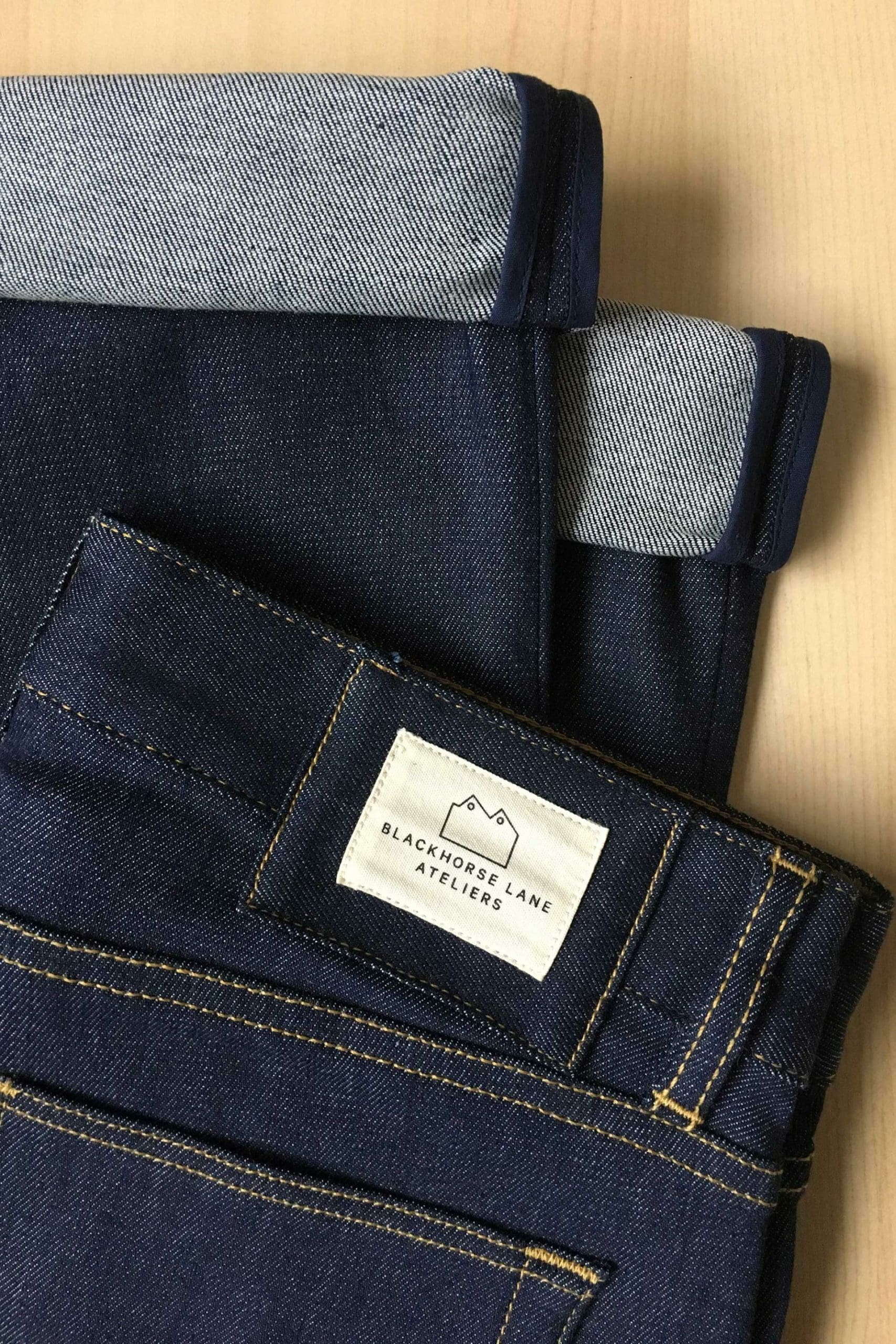
In London, Blackhorse Lane Ateliers has championed slow fashion by supporting local artisans for more than 50 years, and using heritage construction techniques on its vintage-style selvedge trousers. All its jeans are made with raw denim (saving water and energy), that fades and ages with each individual, wearer by local machinists who are all offered shared ownership in the company. Similarly, Saltspin has introduced laser washing, which uses zero water and 60 per cent less chemicals than conventional methods. E.L.V. Denim (an acronym for East London Vintage) turns deadstock into one-of-a-kind patchwork designs that save kilos of discarded denim from ending up in landfill.
In Wales, Cardigan Bay’s Hiut employs a team of ‘Grand Masters’ who produce just 100 pairs of high-quality jeans each week. Many worked at the town’s original jeans factory – when it closed in 2002 and moved production to Morocco to save on costs, their skills went to waste, until David and Clare Hieatt founded Hiut to provide jobs and carry on the craft. Hiut’s priority is quality, not quantity, with clients such as Meghan Markle buying into its homegrown ethos while many more have accepted its challenge to only wash their jeans every six months.
Hiut also sources its denim from Candiani, a game-changing Italian mill leading the charge for ingredient brands. Owner Alberto Candiani explains the drive to innovate, saying, “We literally have to reinvent this fabric, but without changing the surface. Denim is and will always be denim, we just want it to be smarter, a new fabric with an authentic look which doesn’t contaminate the environment. For example, we use Kitotex technology to apply biodegradable polymers, which fix the dyes, and Refibra, a lyocell made with cotton waste.”
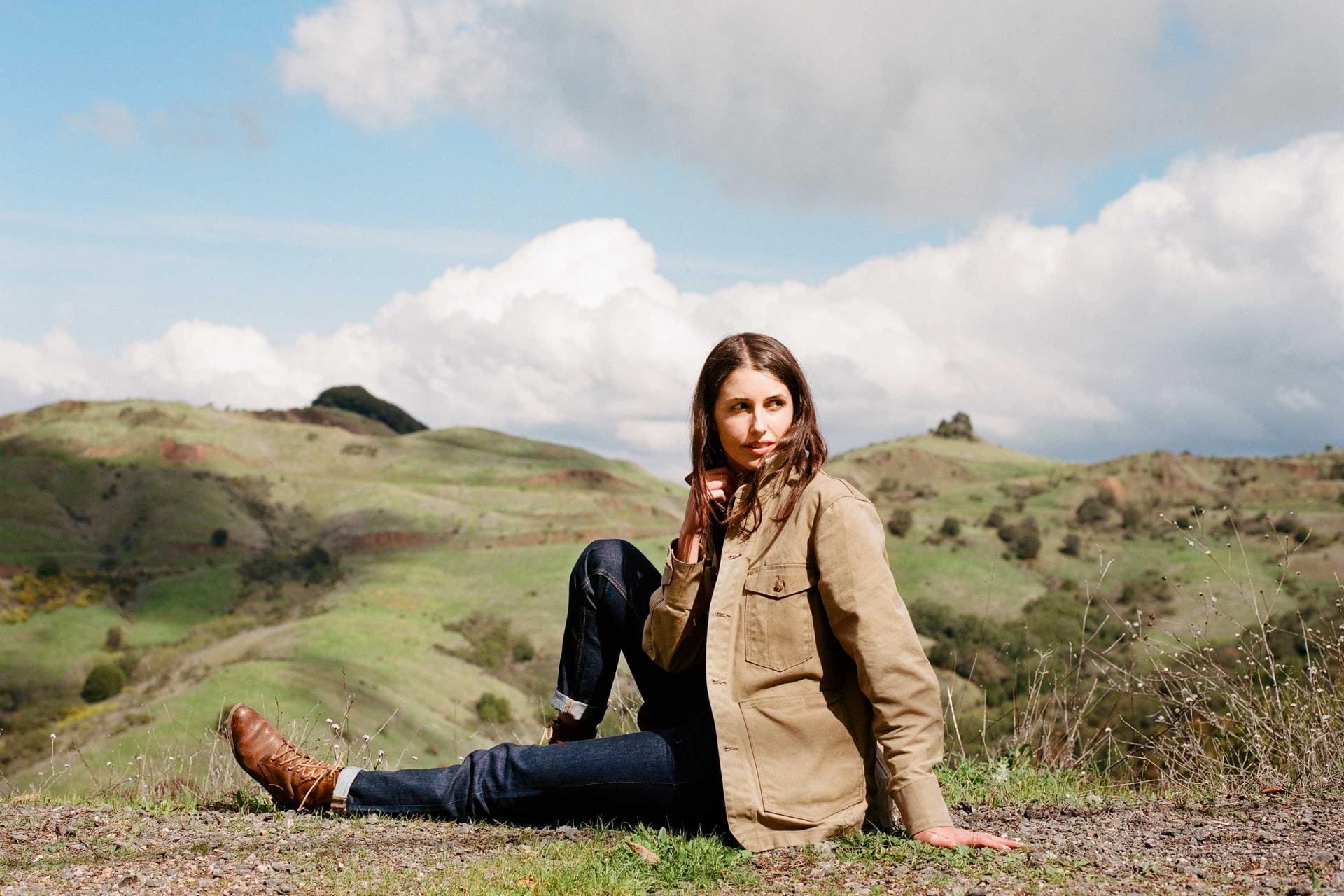
There aren’t many pockets of the fashion industry in which you can trace the origins of the components that make up an individual item, but premium denim is setting the bar – and setting it high. “Brands want to communicate where and who they source their denim from. Down to the end consumer, more and more want to know what’s behind the things they buy,” says Candiani. Purchasing power is a very real platform for change – as consumers, we influence the supply and demand cycle. If we start demanding transparency from brands, they’ll have no choice but to supply it. The brand’s latest innovation, Coreva, is a plant-based yarn derived from rubber whch can be used to replace petrol-based yarns. The resulting plastic-free fibre can be used to create a completely biodegradable stretch denim fabric.
Candiani has also brought his fabric innovations to the mainstream, working with eco-friendly brands such as Reformation, Nudie and Levi’s. In 2019, Levi’s developed a hemp-cotton mix denim with the mill. The US legalised agricultural cultivation of hemp in 2018 and positive publicity has sparked an industry-wide conversation about the plant as a cotton alternative. “Hemp is an incredible fibre. It requires a lot less water than cotton, has less than half its carbon footprint and requires almost zero pesticides,” says Firth. Candiani describes it as “the natural fibre that can make the biggest impact on the whole industry.” Cottonised hemp might sound like a bad band name from the 1960s but, apart from being more likely to end up on a T-shirt at Glastonbury, it actually signals a future in which consumers won’t have to sacrifice style for sustainability.
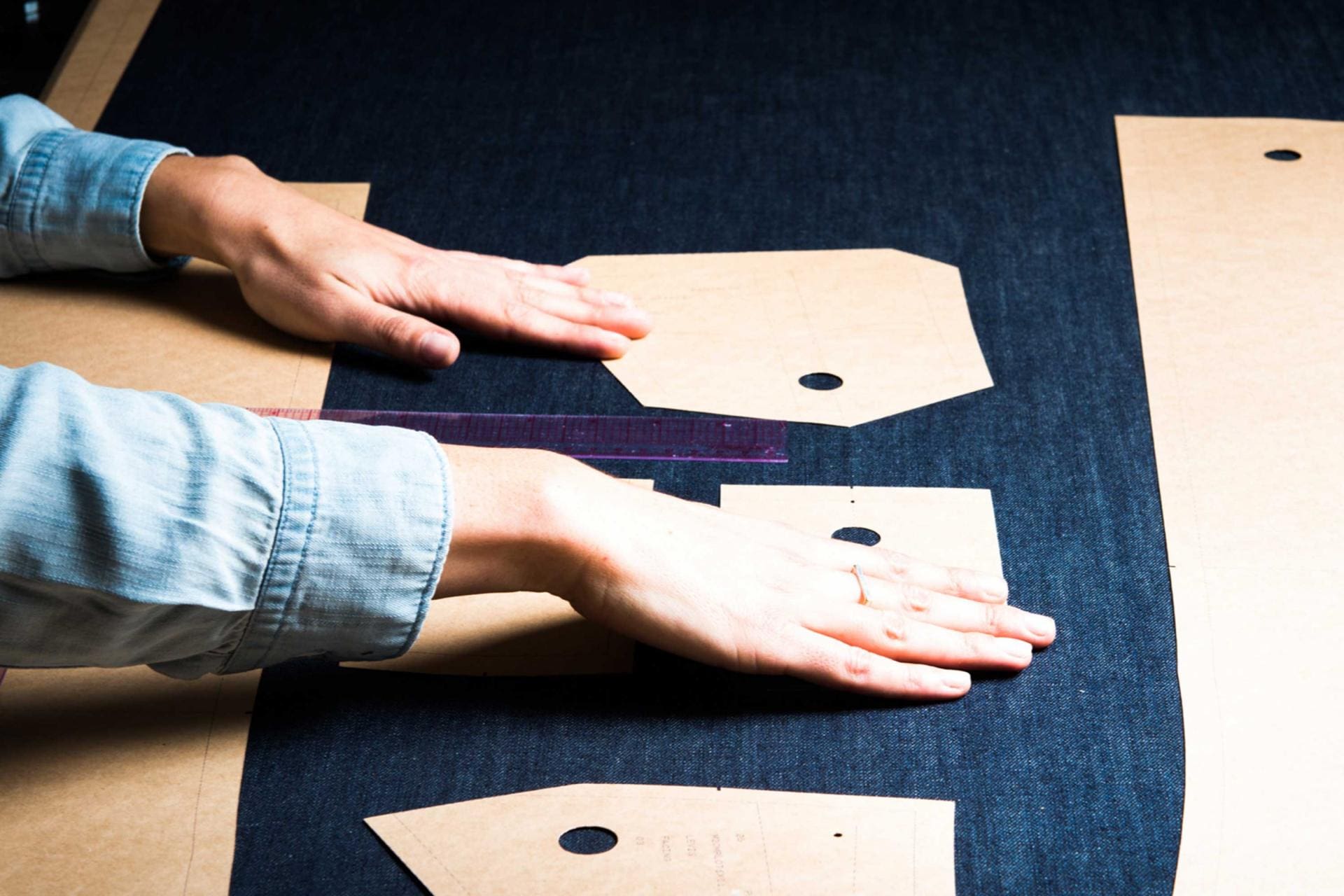
Levi’s also offers a bespoke service in London. Ask any Savile Row savant, and they’ll agree that bespoke is the antithesis of fast-fashion: a well-cut, custom-made item, whether it’s jeans, a suit or shoes, lasts forever and outlives seasonal trends. “Consumers are shopping more consciously now and therefore preferring to invest in quality pieces that are built to last,” says Lizzie Radcliffe. Radcliffe has been the master tailor at Levi’s Lot No. 1 since it opened at the Regent Street flagship eight years ago. “Jeans are only made when the order is placed, meaning there is no wastage – plus we offer free alterations for the first 18 months and free repairs for the first four years,” she adds. This encourages a care-and-repair approach that extends a product’s lifespan tenfold. Blackhorse Lane, Hiut and Brighton-based Dawson also offer repair services across their made-to-order collections, an artisanal touch you don’t often find with off-the-peg jeans.
In 2018, online retailer Lyst saw a 47 per cent increase in searches for ‘organic cotton’ ‘vegan leather’ and ‘econyl’, a regenerated nylon, with consumer interest in these materials only growing since. The message? Materials matter, and consumers care. “It’s easy to get lost in the jargon,” Firth says, “especially when the term ‘sustainable’ is used as a catch-all.” But some labels are working to make terms clearer – look for BCI Cotton for a fibre produced using sustainable farming practices; Oeko-Tex for brands that prioritise transparency and high production standards; and Intertek, which provides quality assurance.

Online e-tailers such as Lyst, Net-A-Porter and Matches Fashion have also made international brands more accessible, cutting out import tax and championing young designers. But if you find yourself in the US, Australia or Denmark, you might want to leave space in your suitcase for innovative, ethical pieces. New York brand DL1961, for example, is largely solar-powered, and the jeans – loved by many clients for never losing their shape – use less than 10 gallons of water per pair during manufacture and come in fully biodegradable packaging. Danish company Mud uses a circular economy model to reduce waste – you can lease a pair of jeans for a monthly fee, return them whenever you like, and either keep or swap them for a new pair after one year, at which point the old pair will be upcycled rather than put into landfill or burned.
Moving away from a linear economy (in which jeans are made, worn and disposed of) keeps resources in use for as long as possible and means shoppers still get the thrill of the ‘new’ without the ethical predicament. Down under, one of Firth’s favourite brands Outland Denim employs victims of human trafficking and works to combat poverty while also employing sustainable production methods. In 2019, the label was awarded the Eco-Age Brandmark in recognition of the way it has created social change by supporting and training vulnerable women. “The jeans are also beautifully made using GOTS-certified organic cotton denim sourced from Turkey and natural indigo dyes derived from plant sources,” says Firth. (GOTS is the Global Organic Textile Standard, the leading textile processing standard for organic fibres).

A significant problem brands continually grapple with is price point. Generally speaking, to make any product more sustainable requires innovation, technology, time and labour – all of which are costly. So how does one make everyman denim for, well, every man – and woman? “This is an important question and the one I struggle with the most,” Firth admits. “But buying fewer, better quality jeans is cheaper in the long run.” In a world where politicians and corporations have placed the burden of environmental responsibility on the consumer, it’s down to those who can afford to invest in eco-conscious fashion to do just that, encouraging a trickle-down effect and eventually, a global shift in the industry.
Livia Firth’s top tips for going green:
- Buy from brands that are transparent about their supply chain, from the farms that grow the raw materials to the mills that spin the yarns all the way to the workers who manufacture the clothes. Transparency means accountability.
- If the price tag is too low, ask yourself what the human cost of production is. If something is really cheap, that probably means it’s produced by someone who isn’t being paid fairly.
- Don’t buy more jeans unless you really need to. A factory in Bangladesh can produce three million pairs a month, a supply that encourages us to discard jeans at a rate that is beyond unsustainable.
Read more: The best ethical and sustainable British jewellery brands
